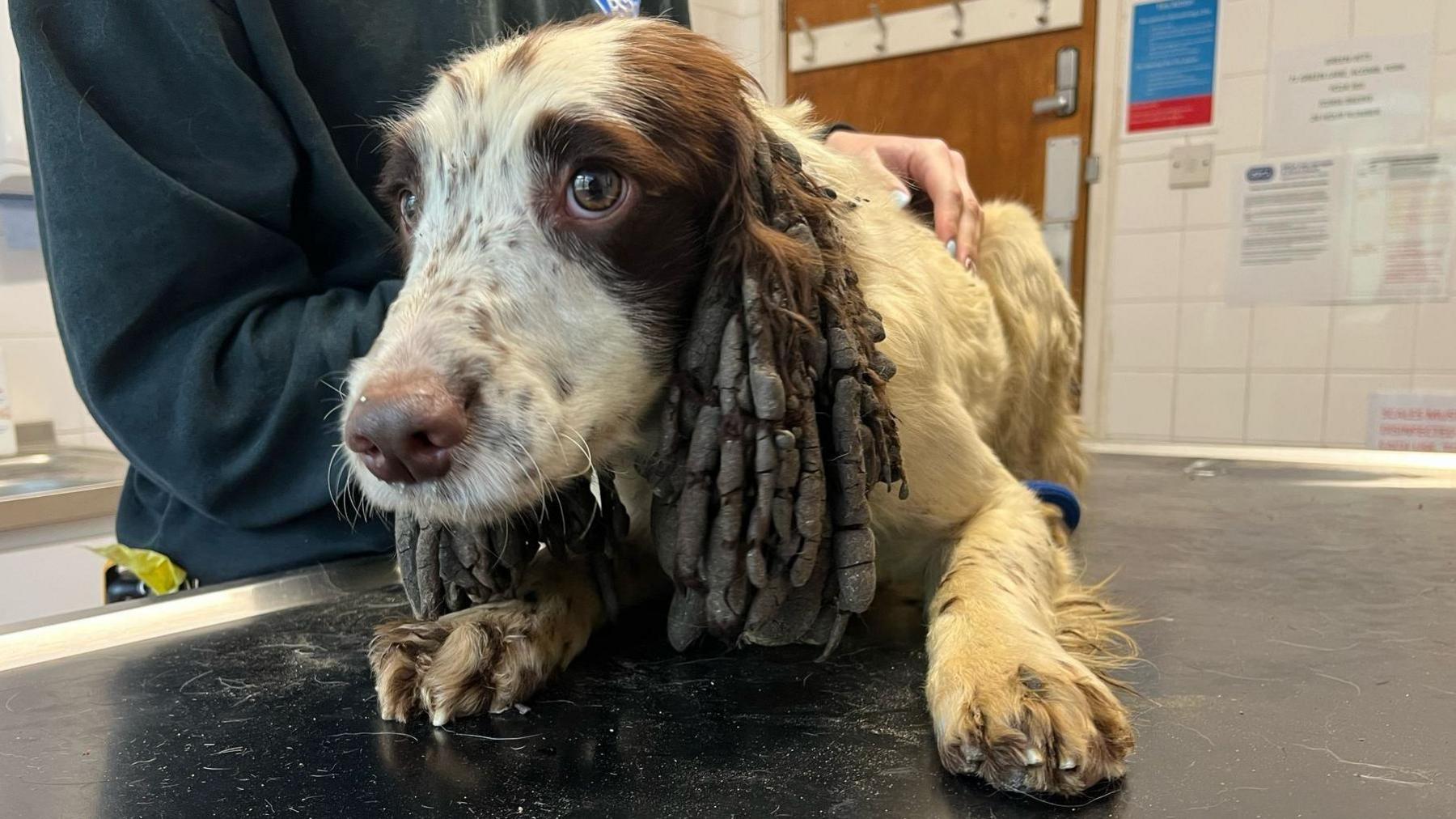Animal cruelty reports rise by a third in a year

Bernie has found a home with Amanda after a difficult start in life
- Published
Reports of animal cruelty rose by a third across England and Wales last summer, according to figures shared exclusively with the BBC.
The Royal Society for the Prevention of Cruelty to Animals (RSPCA) received 34,401 cruelty reports between June and August 2024, up from 25,887 in the same period the year before.
The charity said longer days meant more people were outdoors and likely to witness cruelty, contributing to the spike in reports it usually sees in the summer months.
The government said it was committed to upholding the highest animal welfare standards and "all cases of animal cruelty are unacceptable".
Warning: This story contains descriptions of animal cruelty
On average, the RSPCA received 374 reports of animal cruelty every day in June to August 2024.
It received 88,770 reports of cruelty across the whole year in 2023, which rose to 105,250 in 2024 - up 19% compared to 33% when looking at summer months alone.
Amanda Hunt, 45, from Nottingham, knew straight away that rescue dog Bernie was going to be the one for her family.
"He looked like a bear," she said. "He had big fat paws. He was really young.
"I knew he'd come from a difficult background and we were up for the challenge of making sure that we could ensure that he had the life he deserved."
At 11 months old, Bernie had been rushed to an animal hospital. He was struggling to stand, had a bloodshot eye and a bruise to his head.
X-rays showed he had fractures to his cheek and multiple historic broken ribs, and had sustained bone fractures on at least three separate occasions.
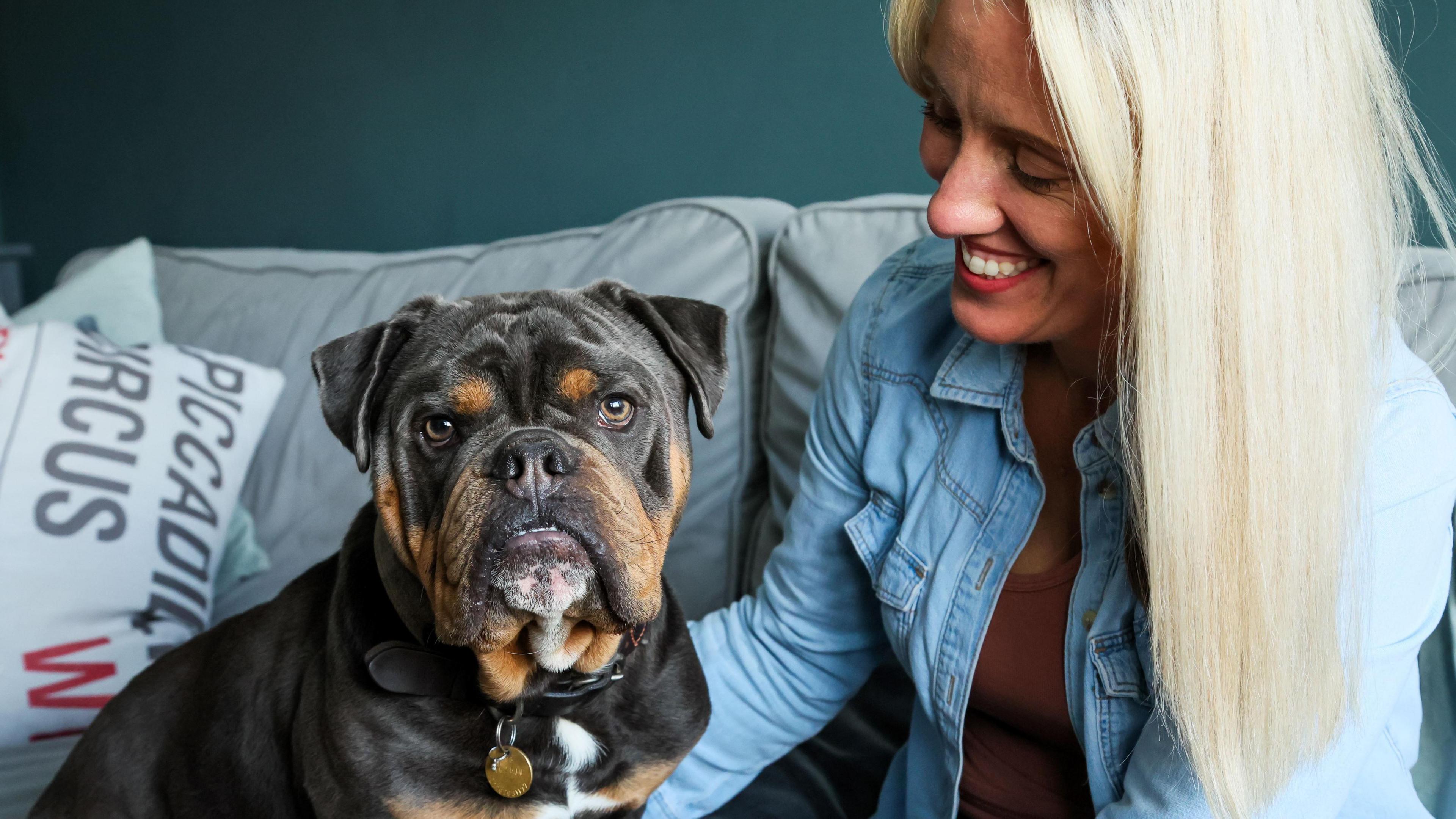
Amanda has had Bernie for about eight months
The charity said Bernie's injuries had been consistent with his previous owner punching him a number of times for at least 10 minutes.
The man was prosecuted by the RSPCA and banned from keeping all animals for life. He was sentenced to 12 weeks in custody, suspended for 12 months, and ordered to carry out unpaid work as well as being fined.
Amanda said: "It's devastating because you can't comprehend that a human being could do something so awful to an animal. All he wants is to be to be loved."
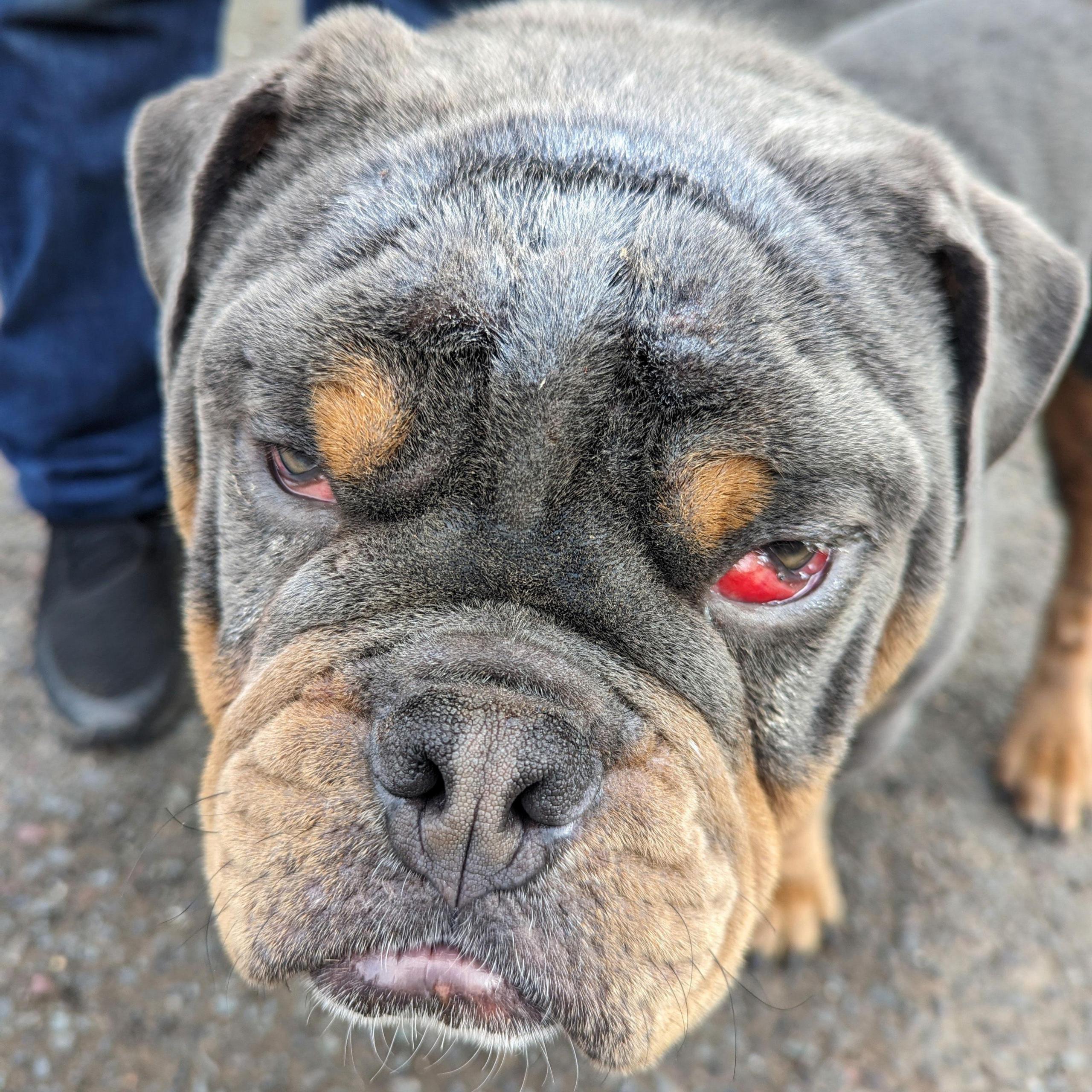
Bernie was rescued by the RSPCA after being beaten by his previous owner
After recovering in foster care, Bernie became "the heart" of Amanda's family but it took time for him to overcome his fear of men.
"He'll put his paw out to you and you'll have to roll him over," Amanda said. "You have to hold him like a baby and scratch his tummy - he is like a baby bear in your arms and he loves all the kisses and cuddles.
"He just wants to be with you all the time, he's like my little shadow."
Rise in animal cruelty over summer, RSPCA says
The charity received more than 34,000 reports last year - a third more than in 2023.
Ian Briggs, chief inspector for the RSPCA, said summer should be a season of joy for animals but there was a side to it that many people did not see.
"For thousands of animals, it's a season of pain, fear and suffering, when cruelty peaks," he said.
Cara Gibbon, 32, from Birmingham is the RSPCA officer who helped with Bernie's rescue. She believes the pandemic has played a part in the overall rise in cruelty reports.
She said: "People were home more, they were bored, they were getting animals and now that everyone's kind of gone back to work, they don't know what to do with them. So we are seeing more animals being abandoned and more animals being at risk of cruelty."
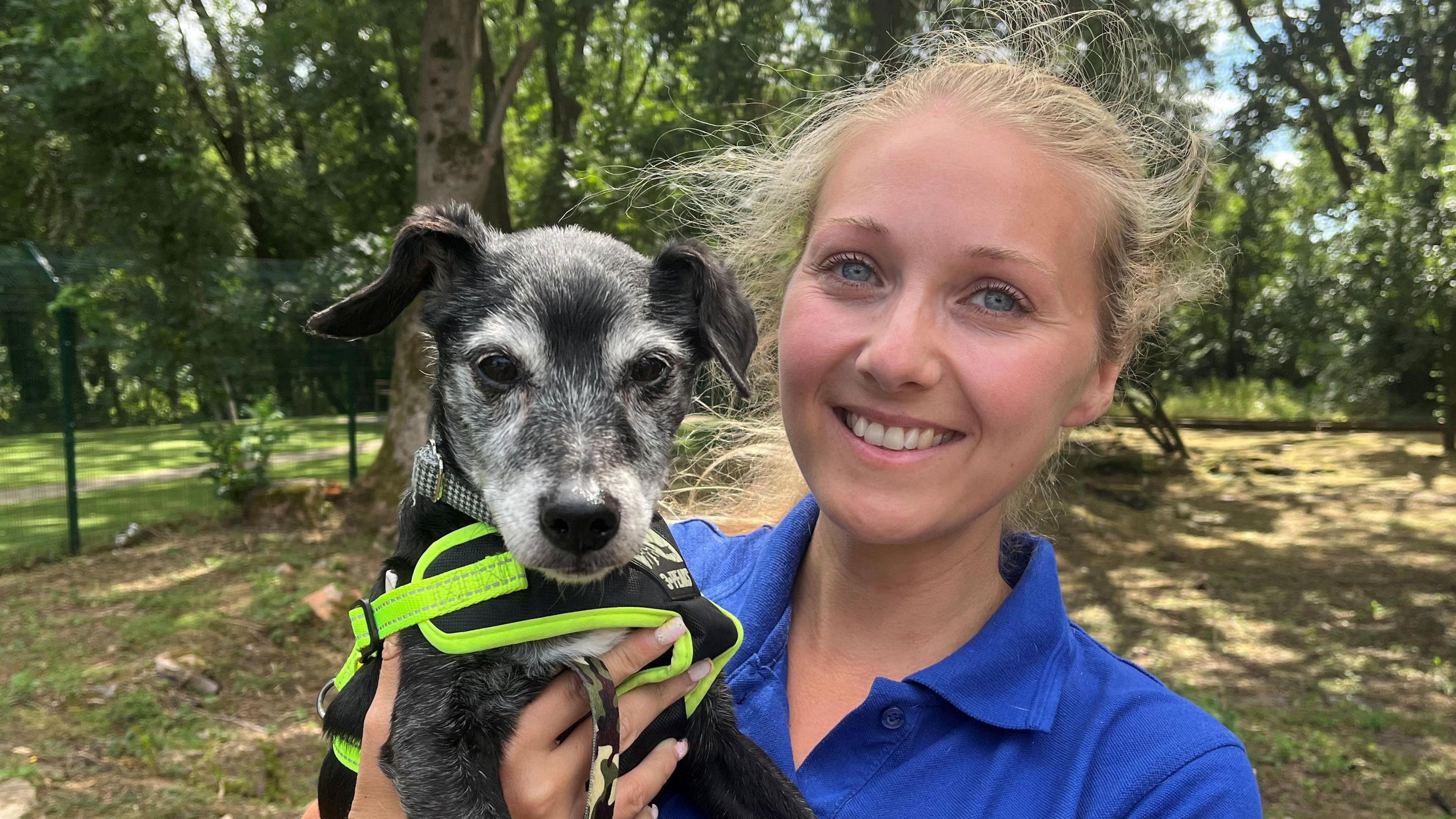
Cara Gibbon from the RSPCA helps to look after animals that have had difficult starts in life
Dr Rowena Packer, senior lecturer at the Royal Veterinary College, raised concerns that some inexperienced owners struggled with additional pressures in the summer, such as having children and dogs at home together.
Her research suggests dogs bought in the pandemic have higher rates of problem behaviours, with new owners more likely to use aversive training methods.
She warned against using techniques learnt "via the uncontrolled world of social media", adding that professional help may feel out of reach to those struggling financially.
"Owners are becoming less likely to seek veterinary care in an appropriate time frame, which is a challenge because some problems can exacerbate quite rapidly," she said.
She advised that "many major animal welfare charities have free behaviour hotlines or free behavioural advice".
A spokesperson from the Department for Environment, Food & Rural Affairs said the government was committed to upholding the highest animal welfare standards.
They said: "All cases of animal cruelty are unacceptable and should be investigated thoroughly. Offenders can face a maximum sentence of five years' imprisonment and an unlimited fine if found guilty."
- Published22 June
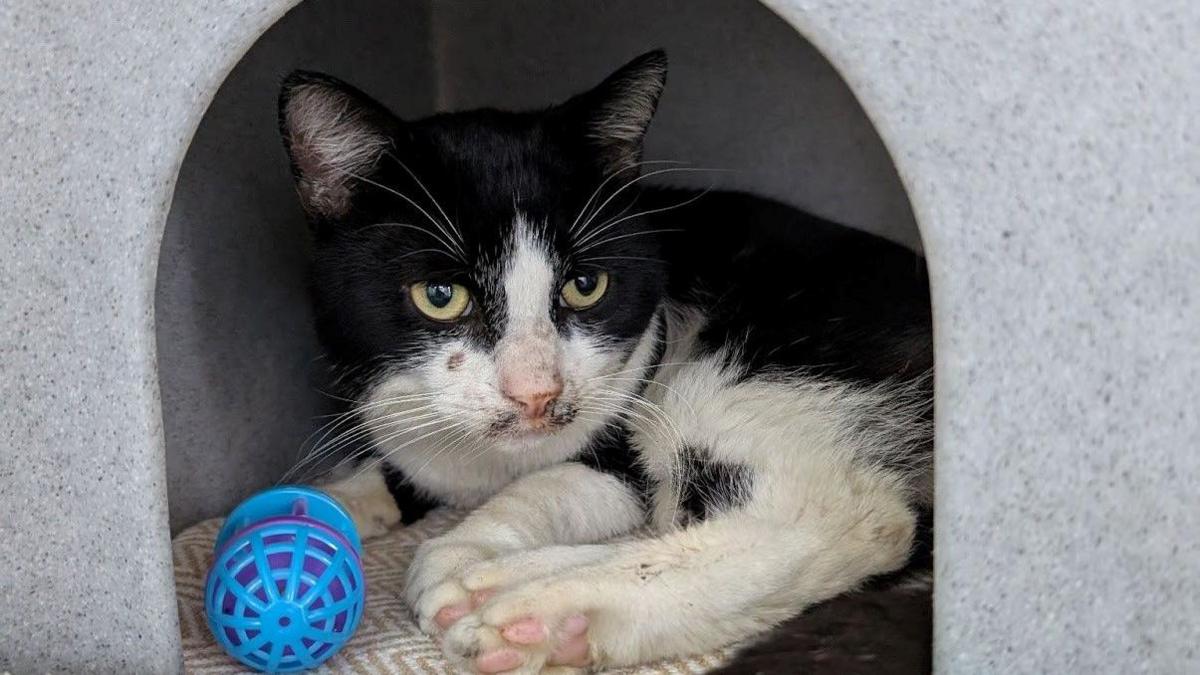
- Published8 May

- Published1 May
